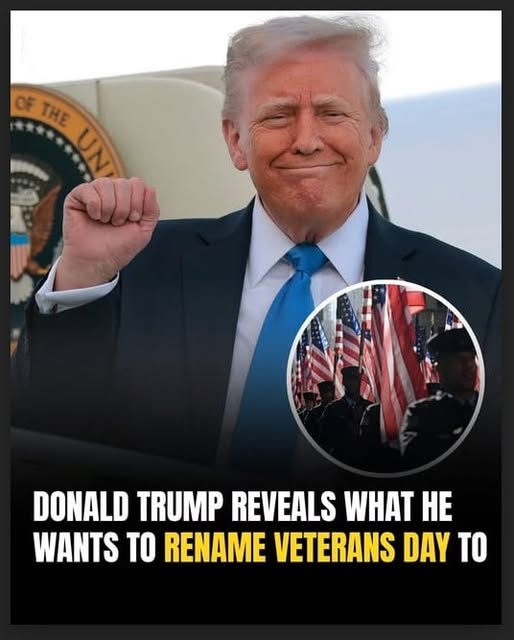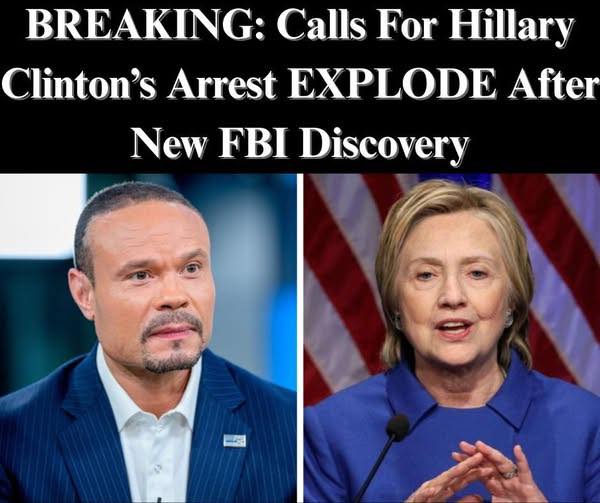Proposal sparks mixed reactions and concerns over global response
Former President Donald Trump has proposed a bold rebranding of Veterans Day, suggesting it be renamed “Victory Day for World War I.” The announcement, made via Truth Social, was part of a broader call for Americans to “start celebrating our victories again.”
A Shift in Focus: From Service to Victory
Trump’s proposal centers around the belief that the United States does not properly commemorate its major military triumphs. He claimed the country “won both World Wars” but has since “stopped honoring those achievements because of weak leadership.”
As part of the proposal, Trump also called for Victory in Europe Day (May 8) to be renamed “Victory in World War II Day” — emphasizing what he views as the U.S.’s central role in defeating the Axis powers.
“It’s time we celebrate what we’ve won,” Trump wrote, “not just what we’ve endured.”
Critics Raise Concerns Over Global Optics
The idea has generated significant controversy, with critics warning the move could alienate allies and spark backlash — particularly from nations like Russia, which suffered immense losses during the world wars.
Historians and international relations experts note that reframing global conflicts as unilateral American victories may oversimplify complex alliances and sacrifices made by other nations.
A Break from Tradition
Veterans Day has its roots in Armistice Day, originally established to honor the end of World War I on November 11, 1918. In 1954, it was renamed Veterans Day to recognize all U.S. veterans, regardless of when or where they served.
Many view the holiday as a solemn day of reflection — one that honors service and sacrifice rather than celebrates conquest or victory.
Public Reaction: Divided
As expected, reactions have been sharply divided along political lines. Supporters argue that focusing on victory instills pride and patriotism, while critics see the proposal as tone-deaf and historically reductive.
For now, the name remains unchanged, but the debate surrounding Trump’s suggestion highlights deeper questions about how America remembers its past — and what it chooses to celebrate.




